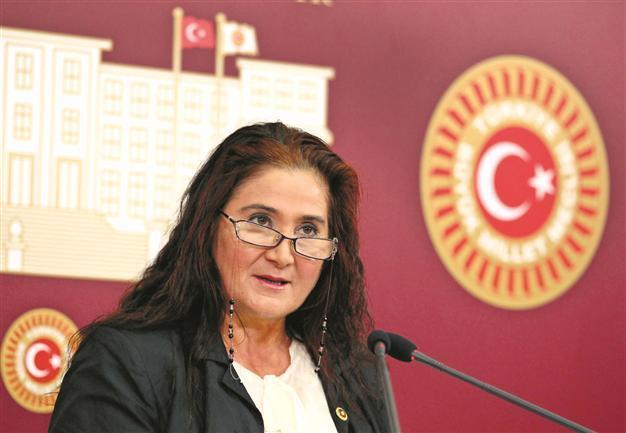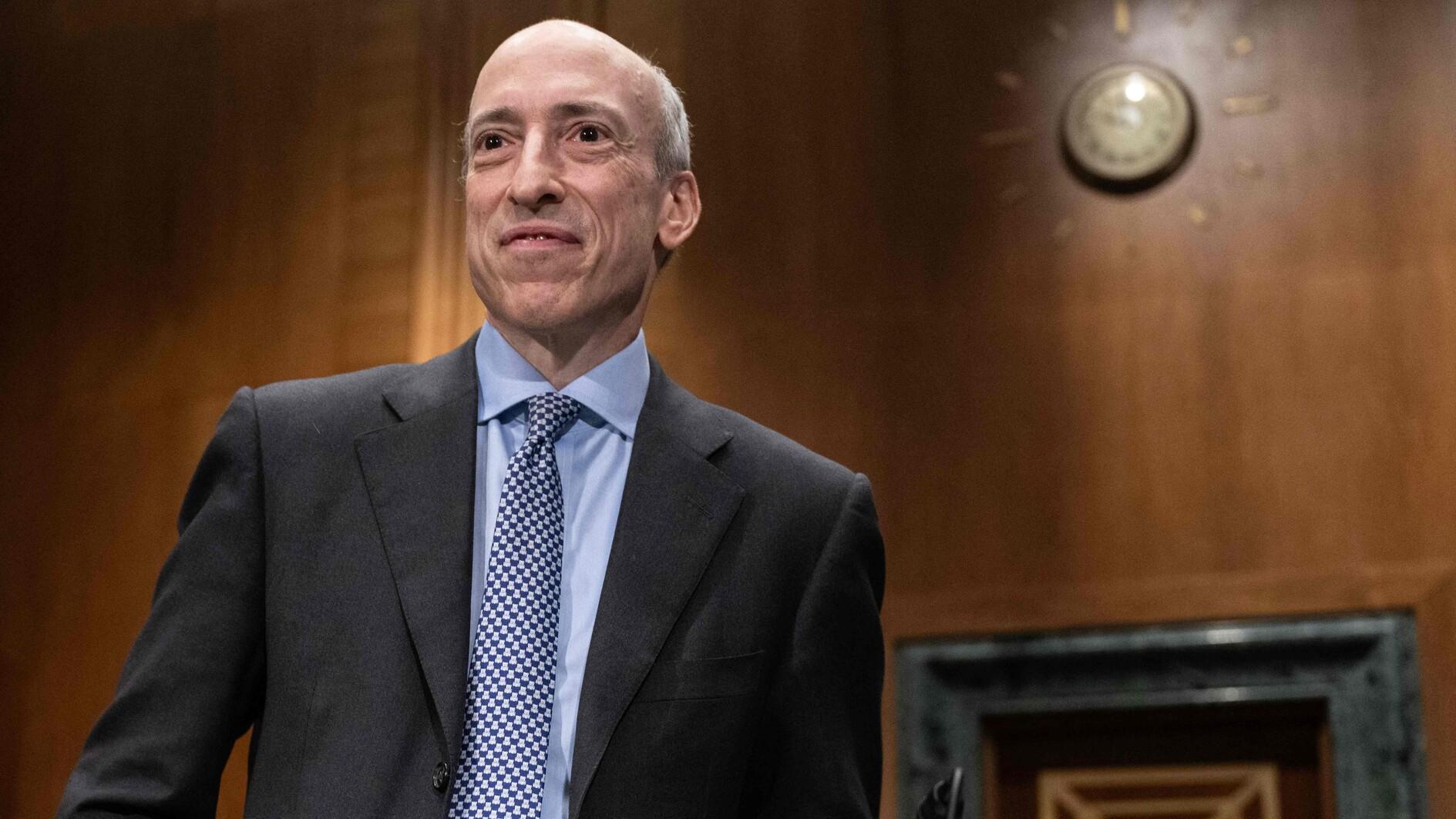Alevis lack freedom of worship, MP says
ANKARA

Akkiraz presented the report, which was conducted with almost 2.000 participants to CHP leader Kılıçdaroğlu. AA photo
The majority of the Alevi community in Turkey claims they do not have the freedom to worship, citing an absence of legal statuses for cemevis as the most important problem for their community, according to a poll.The poll, initiated by main opposition Republican People’s Party (CHP) Istanbul deputy Sabahat Akkiraz, was conducted by her brother Hasan Akkiraz between Oct. 17 and Oct. 25 with 1, 952 participants in 40 provinces. Sabahat Akkiraz presented a report based on the poll to CHP leader Kemal Kılıçdaroğlu on Dec. 14.
When asked “Are you freely performing your worship?” 56 percent of respondents said “no,” while only 38 percent responded affirmatively. Some 67 percent said they have had to hide their Alevi identity.
The report based on the poll said the Alevi population was 30 percent of the total Muslim population during the first quarter of the 20th century but today is only 15 percent of the total population of Turkey. Thus Alevis have assimilated by 50 percent in the last century. When asked whether they saw themselves as a minority, 54 percent responded affirmatively.
Some 60 percent defined themselves as Alevi, 18 percent as Kurdish Alevi, 10 percent as Turkmen Alevi, 9 percent as Muslim and 3 percent as atheist.
When asked of the most important problem facing Alevis, 42 percent responded with the absence of legal statuses for cemesvis, while 27 percent cited compulsory religion courses and 16 percent cited assimilation. Hence the report concluded that the fundamental problems facing Alevis are assimilation, the Directorate of Religious Affairs (Diyanet), compulsory religion courses and cemevis.
Alevis vote for CHP
In June 2011 parliamentary elections, 73 percent of Alevis voted for the CHP, the poll revealed. The ruling Justice and Development Party (AKP) gained votes from only 6 percent of Alevis, while the Nationalist Movement Party (MHP) obtained 8 percent and the Peace and Democracy Party (BDP) 7 percent of Alevi votes.Nonetheless, 59 percent of Alevis say the party they voted for didn’t meet their expectations, while 64 percent maintain that Alevis are not sufficiently represented in the political arena.
The government has held a series of “Alevi workshops,” the first of which was held in June 2009. When asked whether these workshops have led to a considerable change in their lives, 94 percent of respondents responded negatively or refused to comment.
On July 7 the CHP’s Tunceli deputy Hüseyin Aygün appealed to the Parliamentary Speaker’s Office for a cemevi to be established in Parliament. His request was refused by Parliamentary Speaker Cemil Çiçek.
In his refusal, Çiçek referred to the Diyanet, which says that the house of worship for Islam is the mosque and “Alevism is not a separate religion.” Turkey’s Supreme Court of Appeals ruled on July 25 that only mosques and masjids can be considered places of worship, overruling a request to register a cemevi in Ankara as a house of worship.
















